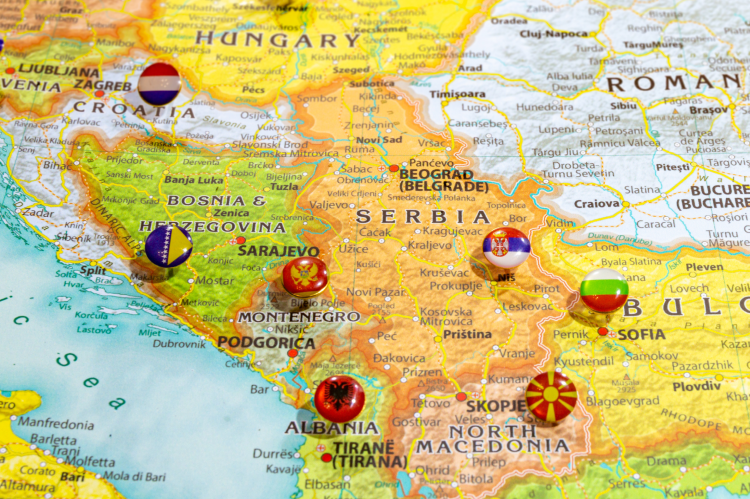Balkans See Hope in New Hydrogen Discovery as EU Pushes for Clean Energy

A massive hydrogen reservoir discovered beneath a chrome mine in Albania has ignited hope for the Balkan region as it seeks to meet stricter European Union emissions targets.
A study, published in the journal Science, estimates the reservoir contains between 5,000 and 50,000 tons of hydrogen. While extracting it may be expensive, researchers say the find could be a stepping stone for the Balkans in developing clean energy sources.
"If they manage to get that hydrogen in pipelines, that is a big investment and profit for Bulqize and Albania," said Baki Bajraktari, a miner who previously viewed hydrogen as a safety hazard.
Hydrogen is a clean-burning fuel when produced using renewable or nuclear energy, or natural gas with carbon capture technology, providing an alternative energy source with low emissions.
In an effort to meet its emission goals, the EU plans to invest heavily in hydrogen production by 2050, while the United States has also pledged significant funding for clean hydrogen projects.
With an increasing demand for clean energy to decarbonize the future, energy experts believe the Balkans have the potential to generate substantial renewable energy to power hydrogen production, but not without challenges. Attracting private investment and expanding the region's energy grid remain key hurdles.
"Is it (hydrogen) the only solution? Absolutely no," said Erik Rakhou, a hydrogen and decarbonisation gas market expert. "It's part of a broader strategy for reducing emissions."
Despite the uncertainties, Balkan nations are forging ahead. Serbia plans a major hydrogen facility, while Croatia and North Macedonia are exploring converting coal-fired power plants to use gas and hydrogen.
The Albanian discovery, though small, offers a glimmer of hope. "This finding should encourage researchers to look for similar resources elsewhere," said Bardhyl Muceku, one of the study's authors.

